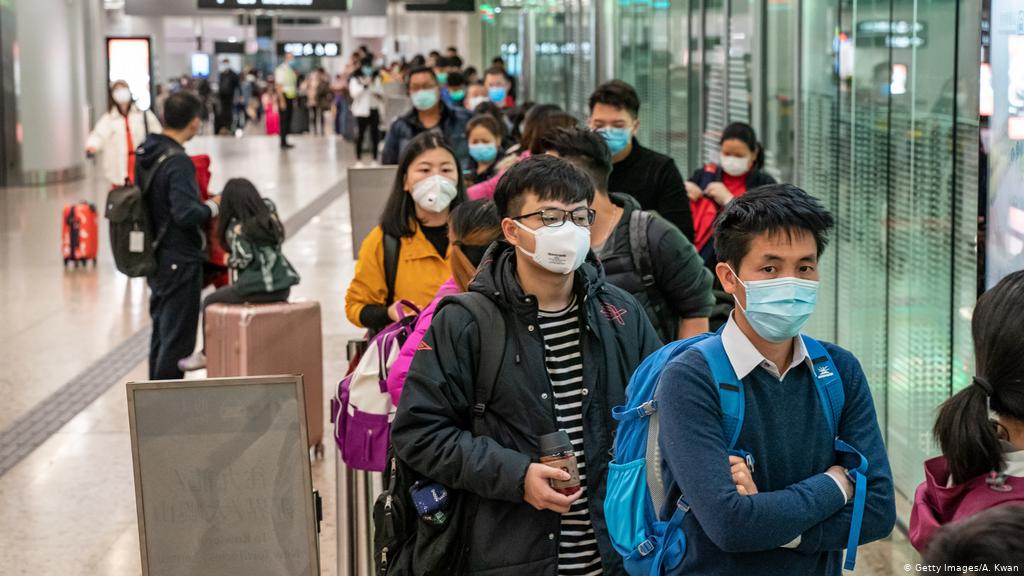By Michael Olympios
It’s been a year since the World Health Organisation (WHO) declared the novel Covid-19 a ‘pandemic’ and a year since the government of Cyprus enforced the first lockdown.
It was an unprecedented measure that was deemed necessary to hijack the spread of a deadly pandemic that many experts went as far as to compare it to the one that swept across the world a century ago.
Since China reported its first cases in the city of Wuhan, 118 million cases have been reported by 219 authorities around the world and 2.6 million deaths.
Although the statistics may compare favourably with those of an ordinary flu, it is certain that if measures had not been taken, the toll would have been enormous.
Even in advanced economies like Italy, the health authorities had to decide who lives and who dies because they couldn’t handle the tsunami of cases brought by the first wave that swept their intensive care units.
Doctors would choose younger patients for the oxygen ventilation support in order to help them recover. Older patients were often left to die alone and away from their loved ones in order to prevent the spread of the disease.
According to UNICEF, a ventilator is a complex device that requires well trained staff to operate and maintain. It provides mechanical ventilation and is only used for those critical COVID-19 patients in intensive care who are unable to breathe.
Oxygen therapy, on the other hand, involves a free-flow of oxygen through the nostrils to support hospitalised patients recover from COVID-19. It is normally provided via an oxygen cylinder or an oxygen concentrator in combination with nasal prongs and can be used at the primary care or first referral level of the health system.
The global response to the pandemic has been swift and five major vaccines have been developed to tackle the virus.
In Cyprus, the vaccination commenced from the beginning of the year and the strategy is to vaccinate the most vulnerable group of people, which is the oldest, as well as the medical professionals.
Israel has championed this cause with more than half of its 9.3 million people vaccinated.
Cyprus struck a deal with Israel to allow its vaccinated citizens to visit Cyprus, while by May, the island will open its borders to vaccinated Britons as well.
Tourism has been hit hard everywhere and countries whose economies rely heavily on tourism can’t wait to open up their borders for business. But there can be no trade off, in other words a country cannot afford to accept more contagion risk in order to attract more tourists, because this strategy will certainly backfire.
Strict measures a huge cost to private sector
The stakes are high and every responsible government is looking at reducing the Covid-19 cases, as well as hospitalisations, but that requires the enforcement of strict measures at a huge cost to the private sector, but also human rights, as many freedoms have either been restricted or suspended altogether.
The European Commission is stepping up efforts to increase the production and distribution of vaccines to member states in order to ease the pressures on the national economies arising from widespread travel bans and other national restrictions that brought much economic activity to a hold.
Cyprus is doing quite well and the current rate of reported cases is just above 1%. However, restaurants are about to open and experts worry that the number of cases may jump again as many people are likely to lower their guard.
But keeping people at home for too long has other side effects and restaurants can’t keep up with running expenses, despite the meagre government support.
Eventually, they will have to open with some restrictions in the hope that the vaccination will gradually restrict the pool of potential victims, until some 70% of the total population gets vaccinated.
But so far, just 10% has gone through the process and some people are expressing concerns, unfounded according to our research, regarding certain vaccines.
What these people don’t realise is that they are addressing more unfounded risks than proven ones and that is the risk of contracting the virus than any potential side effects.
The situation is perhaps best summarised in Churchill’s words: “now this is not the end. It is not even the beginning of the end. But it is, perhaps, the end of the beginning.”
Michael S. Olympios is an economist, business advisor and Editorial Consultant to the Financial Mirror










